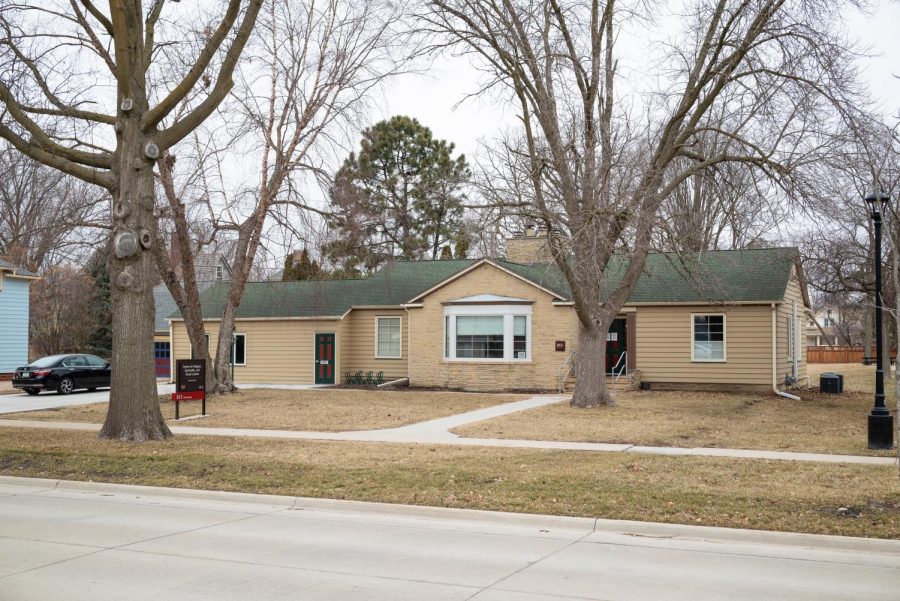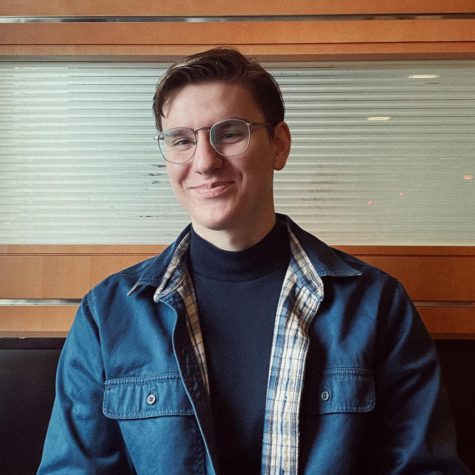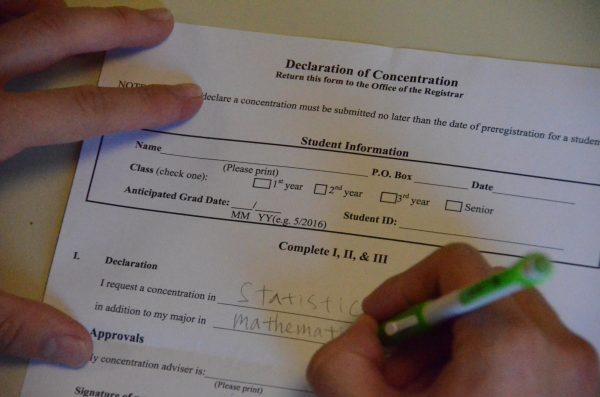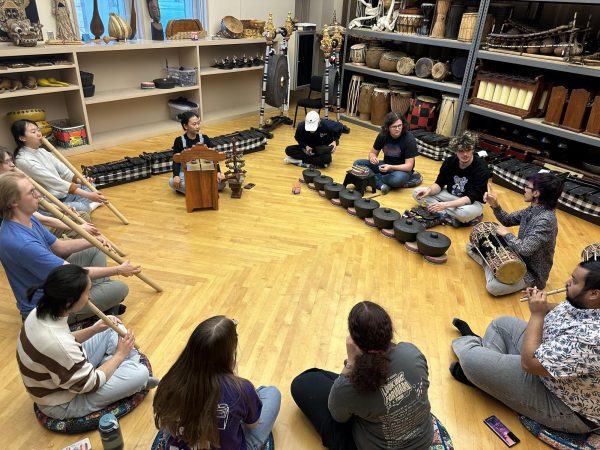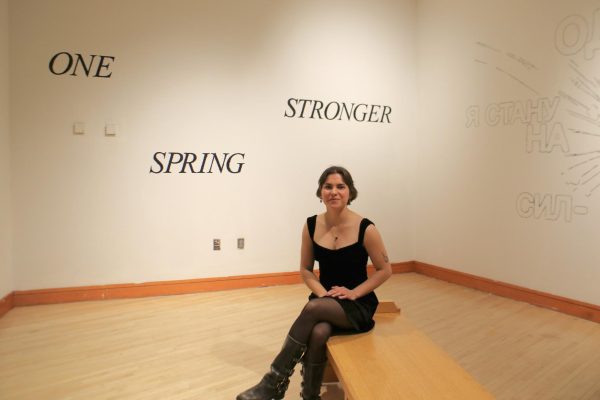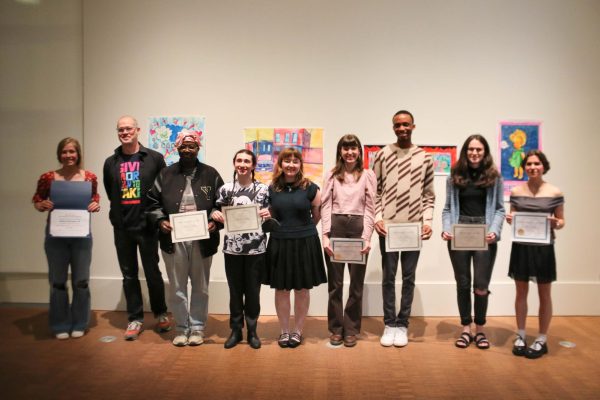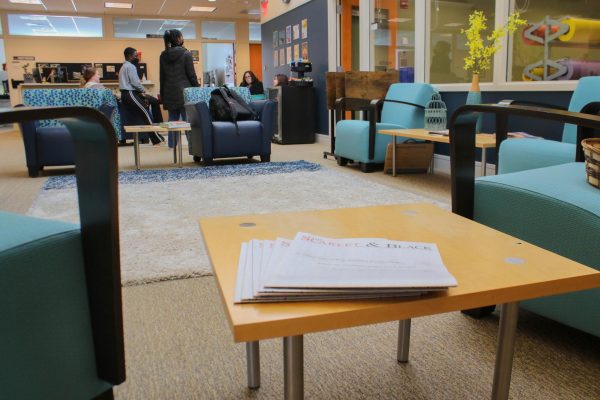Campus Quaker Meeting Worship Group hosts silent meetings to encourage reflection
The Campus Quaker Meeting Worship Group holds silent meetings on the 1st and 3rd Sunday of the month in the CRSSJ Prayer Garage.
March 6, 2023
Originally started in 1979, on-campus Quaker silent meetings have seen an uptick in attendance over the past three weeks. The group gathers twice a month for a silent hour of reflection as a way to connect with their spirituality and have a reprieve from day-to-day life.
Under the umbrella of Quakerism, there is a wide variety of beliefs concerning the nature and existence of God and the spiritual realm, according to Bob Cadmus, professor of physics, an involved member within the Campus Quaker Meeting Worship Group.
Rather than debating the specifics of if and how a God exists, Quakerism seeks to slow down and center oneself with simplicity, Cadmus said.
Darius Hills, associate professor of religious studies, explained that traditional Quaker worship services are spent in silent reflection. He said the service remains quiet unless a participant feels moved by a spiritual force to say something. Cadmus confirmed that the Quaker silent meetings on campus follow this same format.
“The idea is everyone has an equal opportunity to hear God speaking to them, but you have to listen,” Cadmus said about the reason for silence during Quaker meetings.
The idea is everyone has an equal opportunity to hear God speaking to them, but you have to listen.
— Bob Cadmus, Professor of Physics
Beyond the spiritual aspect of the Quaker meetings, Kelly Banfield `24 said they offer a refuge from the daily stresses students face. Cadmus and Banfield both described the meeting as a meditative time, allowing participants to slow down.
Regarding benefits beyond a spiritual experience, Cadmus said, “there are other things involving community and learning to listen to yourself.”
Banfield said they have found a spiritual home within the group during their time at Grinnell. Despite growing up Catholic, Banfield said Quakerism aligns with their beliefs of pacifism and respect.
“I think they’re just good things to live by, even if you’re not a Quaker,” Banfield said about the general tenets of Quakerism.
The group organized a Quakerism 101 session in February to introduce the core beliefs of the religion. This meeting had a record turnout of 17 students compared to previous meetings’ attendances of two students, according to Cadmus.
Banfield said that this session explained the history of Quakerism, as its founder George Fox disagreed with the performative nature of Christianity via excessive worship, clothes and buildings. Since Fox’s original beliefs, the Quakers have a long history of pacifism and social justice that has been continued throughout American history.
Within the United States, Hills attributed the Quakers’ rise to prominence to their abolitionist ideologies during the 18th and 19th centuries. He said this continued in the 20th century as Quakers were stark conscientious objectors to the Vietnam War.
Hills explained that the Quakers’ beliefs were often displayed through their actions and habits. He said Quakers have historically dressed in simple black and white clothes, spoken in plain words and abstained from alcohol.
“The notion that everybody has a divine light within that allows them to be able to feel and sense the presence of God” is a standout belief of Quakers, according to Hills.
Cadmus and Banfield said they are encouraged by the increased interest in Quakerism on campus. They said their goal is not to convert people, but rather to just offer an option that people can take or leave.
Quaker silent meetings occur every first and third Sunday of the month in the Center for Religion, Spirituality and Social Justice Prayer Garage and are open to anyone interested.




























































